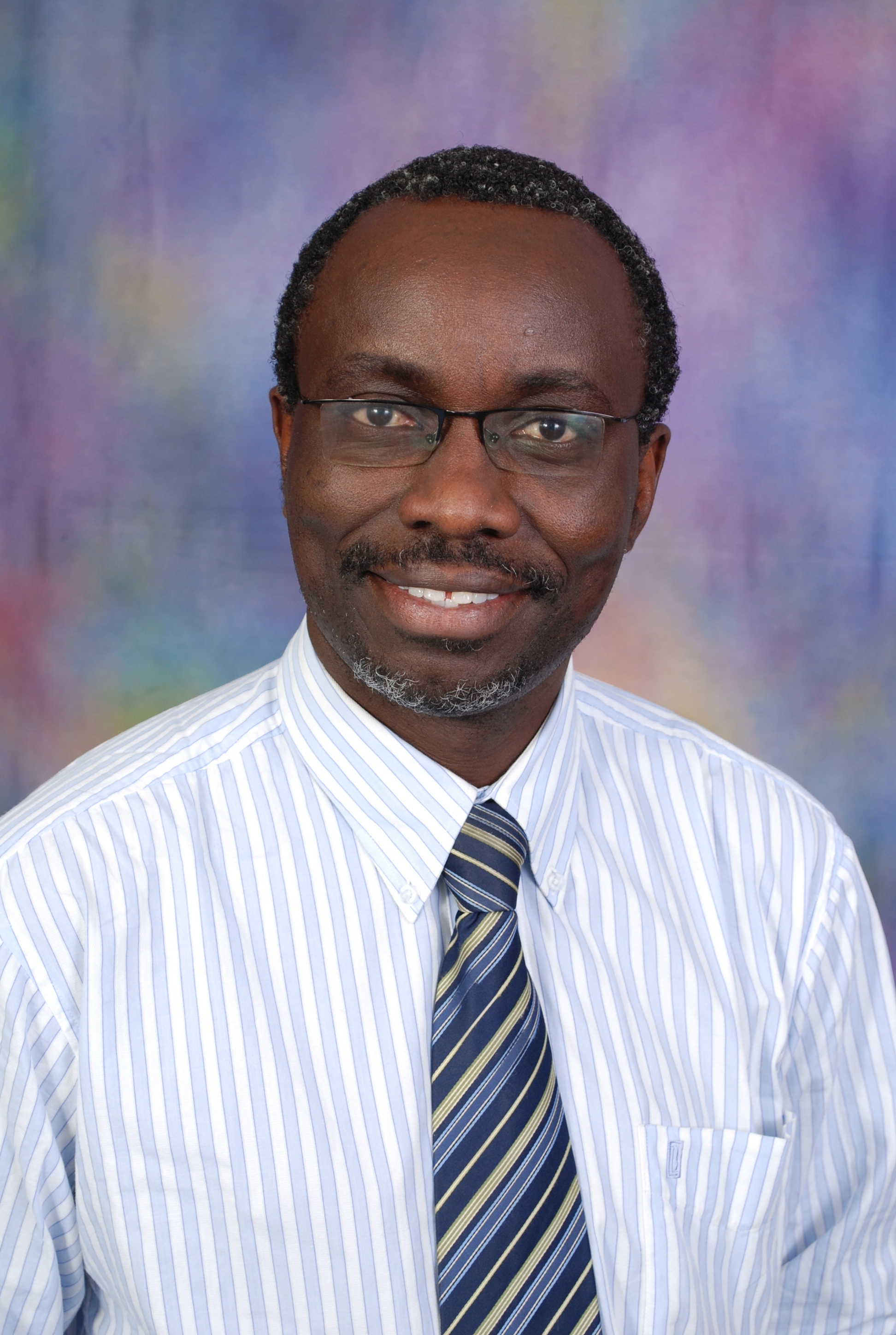Centre for Medical Ethics and Law
Extraordinary Professors
Prof Shenuka Singh - University of KwaZulu-Natal

Shenuka Singh is a Full Professor in the Discipline of Dentistry at the University of KwaZulu-Natal (UKZN), South Africa. She has two doctoral degrees: Ph.D. (Clinical and Research Ethics) (Stell); and a Ph.D. (UWC) in the field of dental public health. She is an appointed member of the National Health Research Ethics Council (NHREC) in South Africa (2020-2023) and she chairs the Norms and Standards Committee within NHREC. Prof Singh was a Deputy Chair for the Biomedical Research Ethics Committee at UKZN (2020-2022) and is a member of the Human Sciences Research Council’s Research Ethics Committee (2019-to date). From an international perspective, she was invited to be part of a World Health Organization joint working group (Regulation and Safety Unit and Health Ethics & Governance Unit) to develop a tool for the benchmarking of research ethics oversight in 2021. She is also a member of the Ethics in Dental Research Committee at the International Association of Dental Research. She is actively involved in research and postgraduate supervision and has presented papers at local and international conferences (including invitations as a keynote speaker). Prof Singh was a recipient of the 2018 College of Health Sciences Teaching Excellence Award, UKZN (in the category: Outstanding Contribution to Teaching) and was also awarded the UKZN Certificate of Excellence in Teaching (2018).
Prof Walter Jaoko- University of Nairobi
 Walter Jaoko is a Professor and Chairman of the Department of Medical Microbiology, the Deputy Director of KAVI-Institute of Clinical Research, at the University of Nairobi, and an Extraordinary Professor of Medicine at Stellenbosch University, South Africa since 2016. He is a holder of a Bachelor of Medicine & Bachelor of Surgery degree from the University of Nairobi, a Masters of Tropical Medicine degree from University of Liverpool, and a PhD in Medical Microbiology from University of Nairobi. He also has a Diploma in Research Methodology from University of Copenhagen, and a Postgraduate Diploma in Health Research Ethics (cum laude) from Stellenbosch University. He served as an Adjunct Assistant Professor in the Department of Epidemiology at the School of Public Health, University of Alabama at Birmingham from 2008 to 2015. He is a board member of several local and international professional and scientific organizations. In addition, he previously served as a member of Developing Countries Coordinating Committee of the European & Developing Countries Clinical Trials Partnership (EDCTP), and as a member of the Scientific Board of Uganda Virus Research Institute (UVRI), among others. He has conducted research in HIV/AIDS, medical parasitology and tropical medicine, where he has published over 140 articles in peer review scientific journals. Additionally, he has mentored many masters and PhD students, and given invited keynote talks at international scientific meetings. He is very passionate about maintaining high standards in research ethics, and serves as a member of the research ethics committee of Strathmore University, a private university in Kenya.
Walter Jaoko is a Professor and Chairman of the Department of Medical Microbiology, the Deputy Director of KAVI-Institute of Clinical Research, at the University of Nairobi, and an Extraordinary Professor of Medicine at Stellenbosch University, South Africa since 2016. He is a holder of a Bachelor of Medicine & Bachelor of Surgery degree from the University of Nairobi, a Masters of Tropical Medicine degree from University of Liverpool, and a PhD in Medical Microbiology from University of Nairobi. He also has a Diploma in Research Methodology from University of Copenhagen, and a Postgraduate Diploma in Health Research Ethics (cum laude) from Stellenbosch University. He served as an Adjunct Assistant Professor in the Department of Epidemiology at the School of Public Health, University of Alabama at Birmingham from 2008 to 2015. He is a board member of several local and international professional and scientific organizations. In addition, he previously served as a member of Developing Countries Coordinating Committee of the European & Developing Countries Clinical Trials Partnership (EDCTP), and as a member of the Scientific Board of Uganda Virus Research Institute (UVRI), among others. He has conducted research in HIV/AIDS, medical parasitology and tropical medicine, where he has published over 140 articles in peer review scientific journals. Additionally, he has mentored many masters and PhD students, and given invited keynote talks at international scientific meetings. He is very passionate about maintaining high standards in research ethics, and serves as a member of the research ethics committee of Strathmore University, a private university in Kenya.
A/Prof Stuart Rennie- University of North Carolina- Chapel Hill
 Stuart
Rennie is Associate Professor in Social Medicine at the University of North
Carolina at Chapel Hill (USA), Core Faculty at the UNC Bioethics Center and
former co-Chair of UNC’s Institutional Review Board for behavioral research. He
obtained his Masters in Anthropology and PhD in philosophy from the University
of Leuven, Belgium. Prof. Rennie’s current teaching and research interests focus
on research ethics, public health ethics and medical ethics in developing
countries, primarily in sub-Saharan Africa. He is currently co-Principal
Investigator of two NIH/Fogarty International Center bioethics capacity
building projects in Central Francophone Africa and South Africa. He is also
co-Principal Investigator of a study on the ethical and social implications of
HIV cure research, with study sites in the USA, China and South Africa. He is
also involved in NIH funded research on the responsible conduct of HIV research
involving adolescents in Kenya. Prof. Rennie has been a Visiting Lecturer at the
Center for Bioethics in Stellenbosch (South Africa), and more recently Lecturer
in Applied Ethics in the Department of Philosophy at the University of Cape
Town in 2010. At UNC, he teaches bioethics in the School of Medicine and at the
School of Public Health. He has published on a variety of bioethics themes, including informed consent, HIV testing policies, medical rationing, implementation ethics, research involving children, health surveillance, health inequality and social justice.
Stuart
Rennie is Associate Professor in Social Medicine at the University of North
Carolina at Chapel Hill (USA), Core Faculty at the UNC Bioethics Center and
former co-Chair of UNC’s Institutional Review Board for behavioral research. He
obtained his Masters in Anthropology and PhD in philosophy from the University
of Leuven, Belgium. Prof. Rennie’s current teaching and research interests focus
on research ethics, public health ethics and medical ethics in developing
countries, primarily in sub-Saharan Africa. He is currently co-Principal
Investigator of two NIH/Fogarty International Center bioethics capacity
building projects in Central Francophone Africa and South Africa. He is also
co-Principal Investigator of a study on the ethical and social implications of
HIV cure research, with study sites in the USA, China and South Africa. He is
also involved in NIH funded research on the responsible conduct of HIV research
involving adolescents in Kenya. Prof. Rennie has been a Visiting Lecturer at the
Center for Bioethics in Stellenbosch (South Africa), and more recently Lecturer
in Applied Ethics in the Department of Philosophy at the University of Cape
Town in 2010. At UNC, he teaches bioethics in the School of Medicine and at the
School of Public Health. He has published on a variety of bioethics themes, including informed consent, HIV testing policies, medical rationing, implementation ethics, research involving children, health surveillance, health inequality and social justice.

